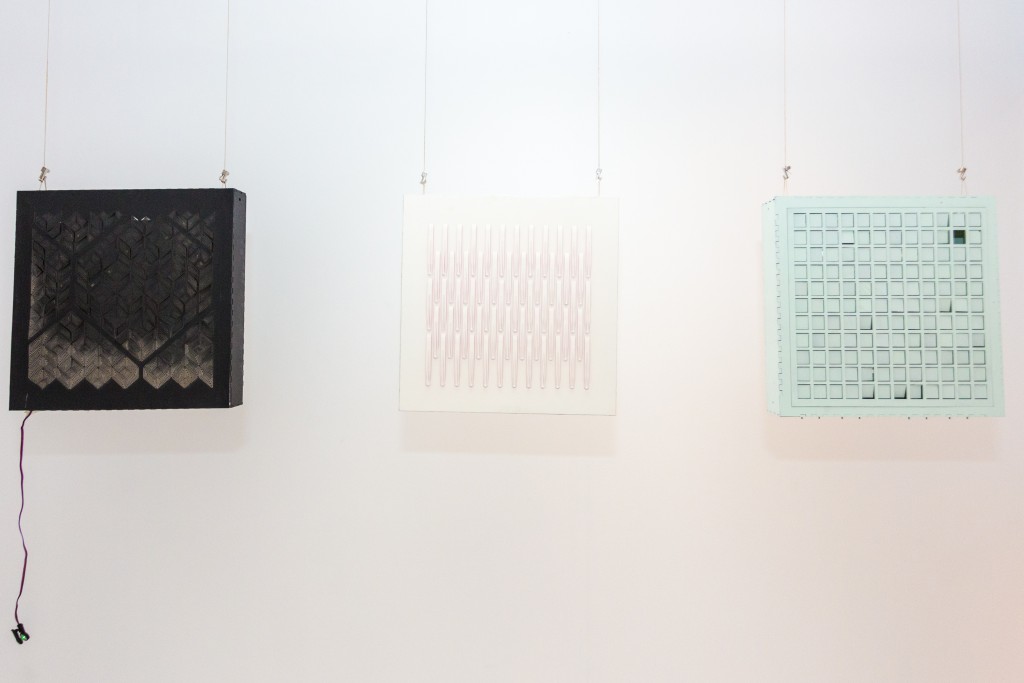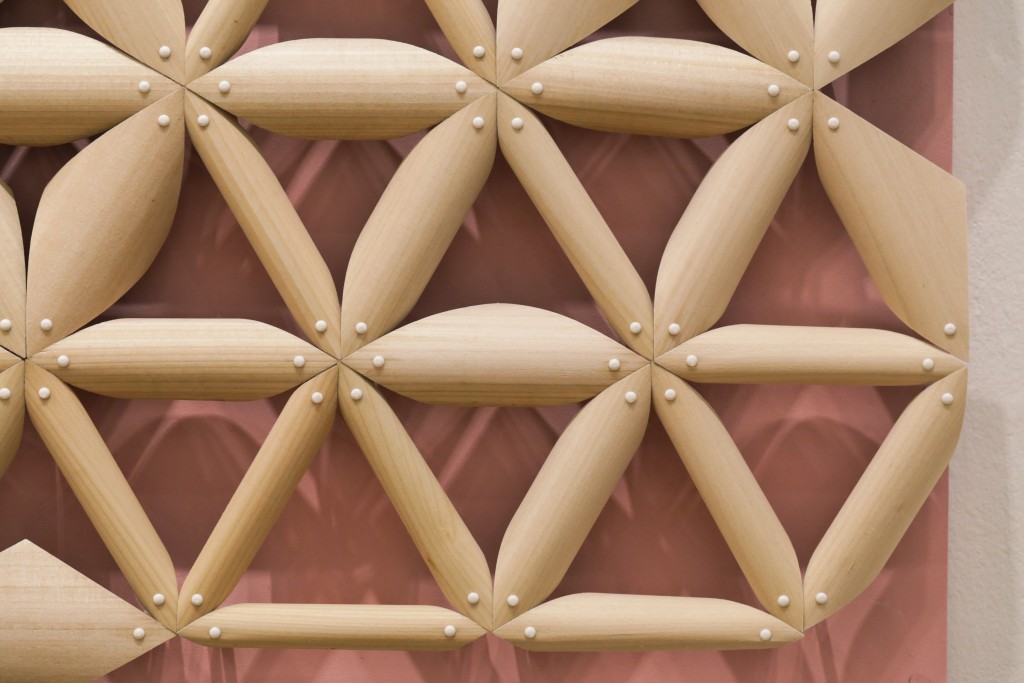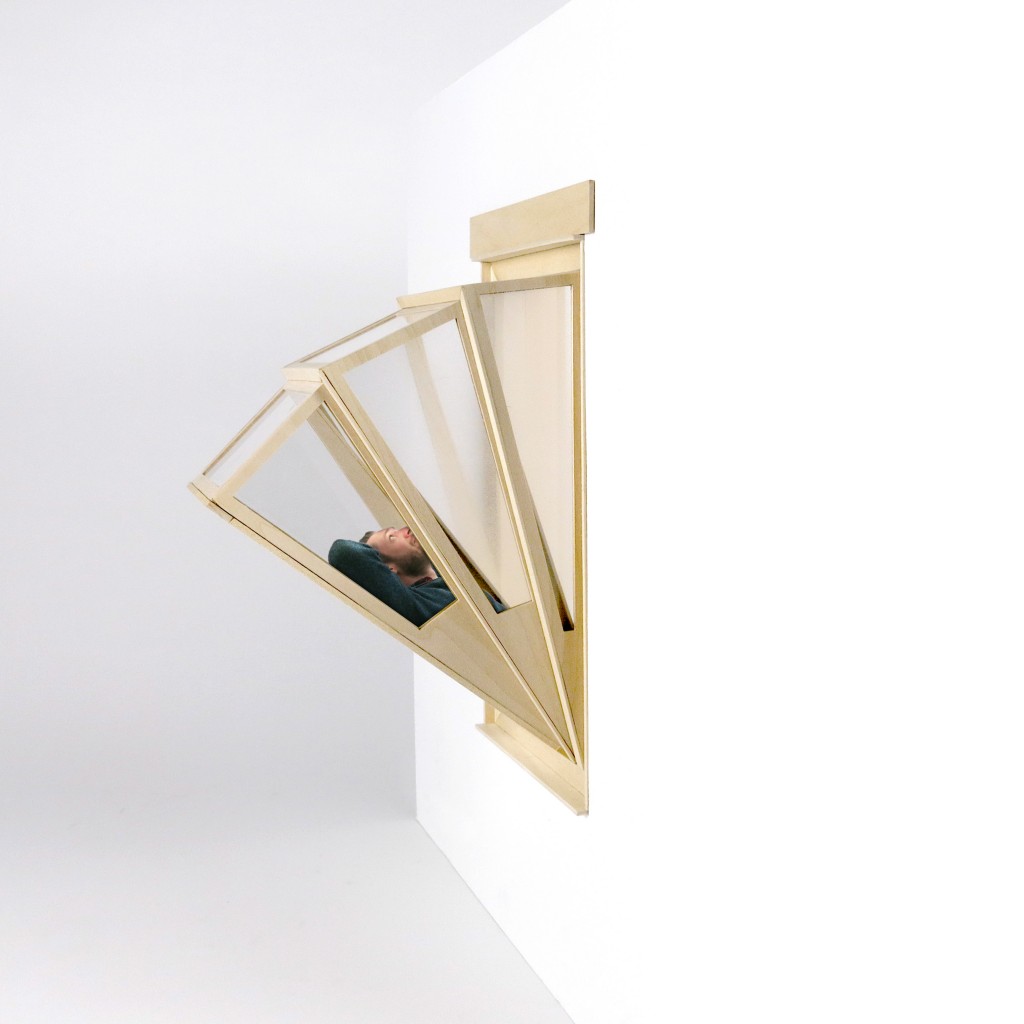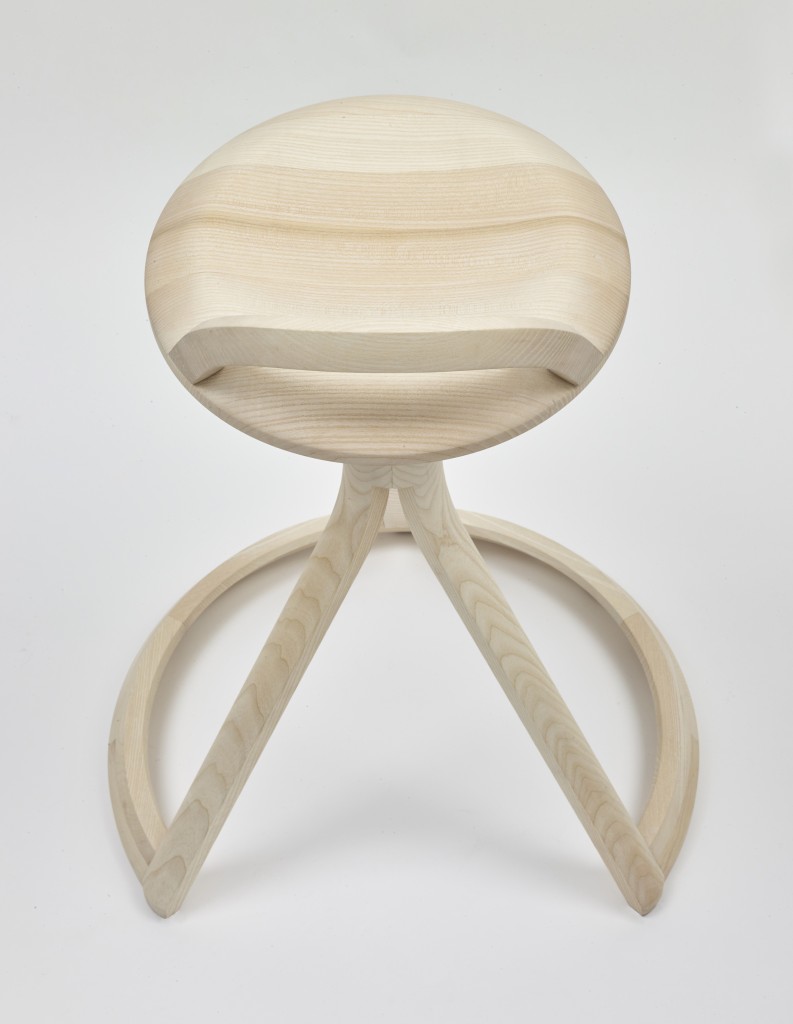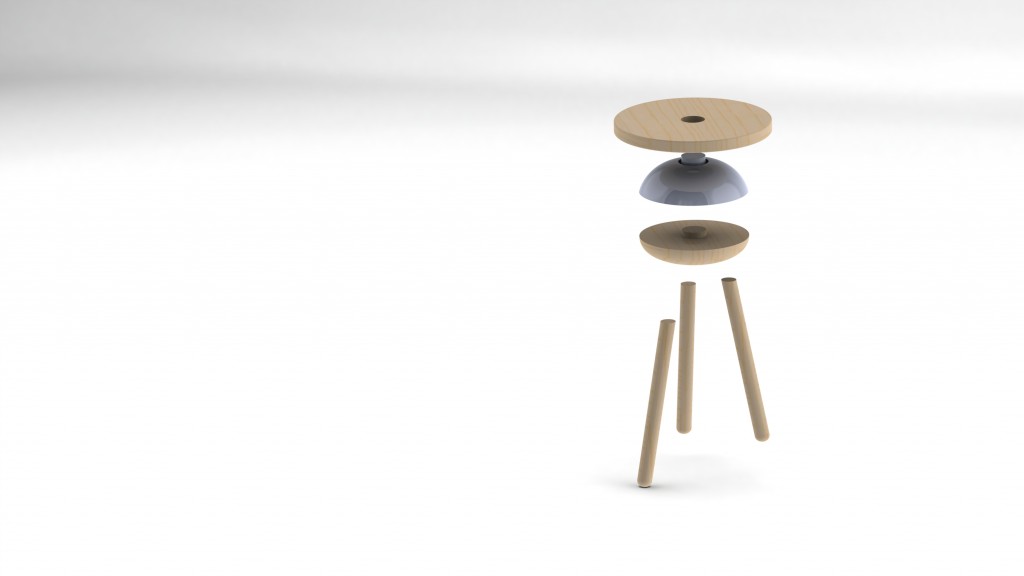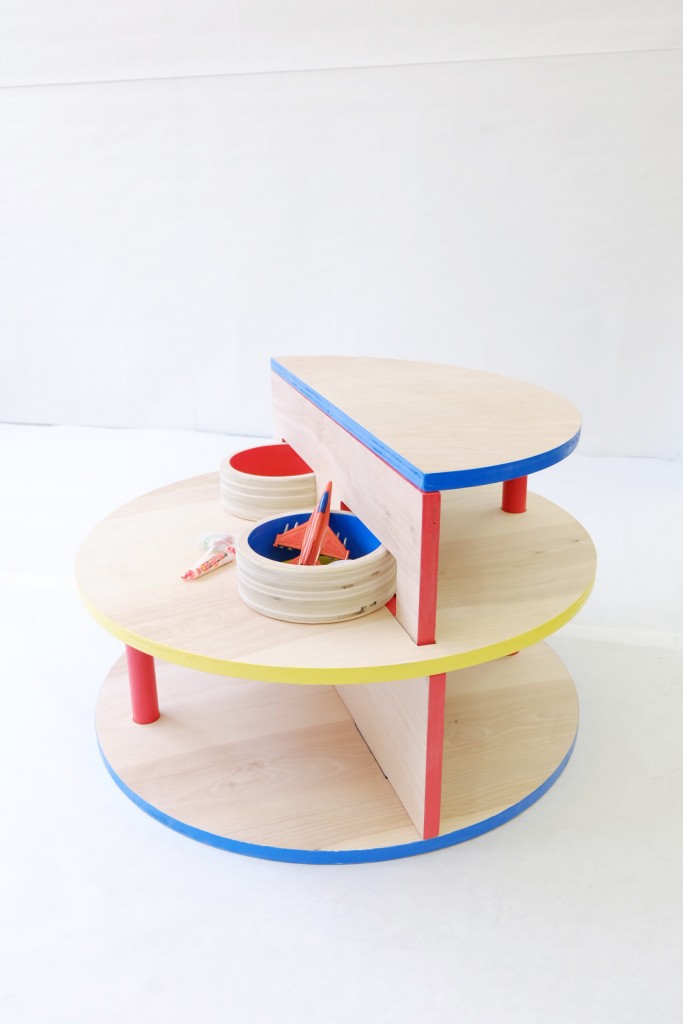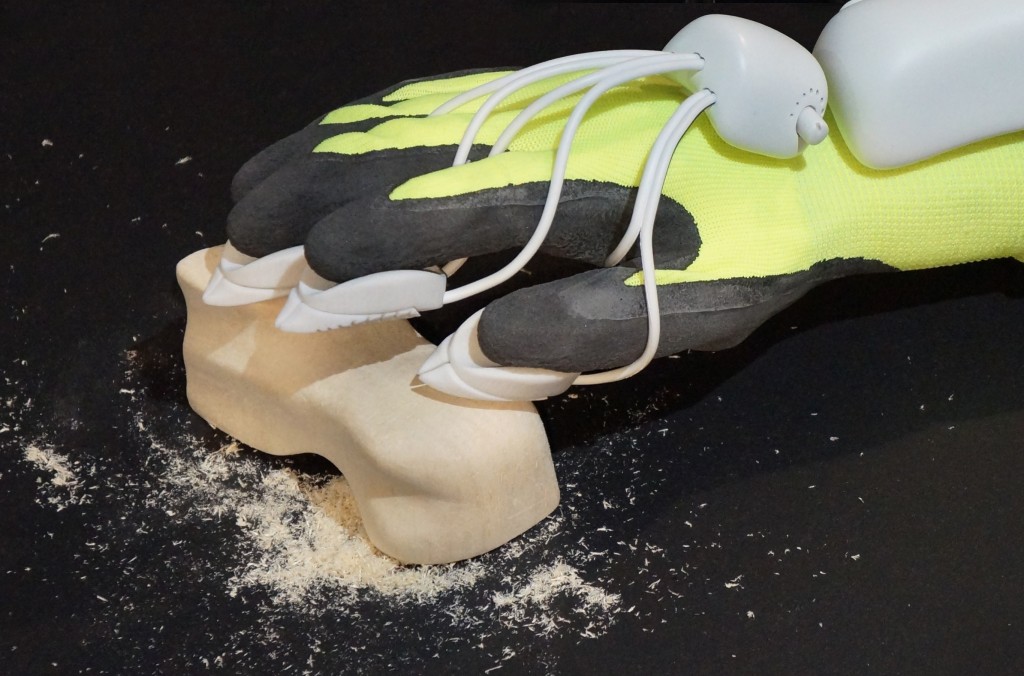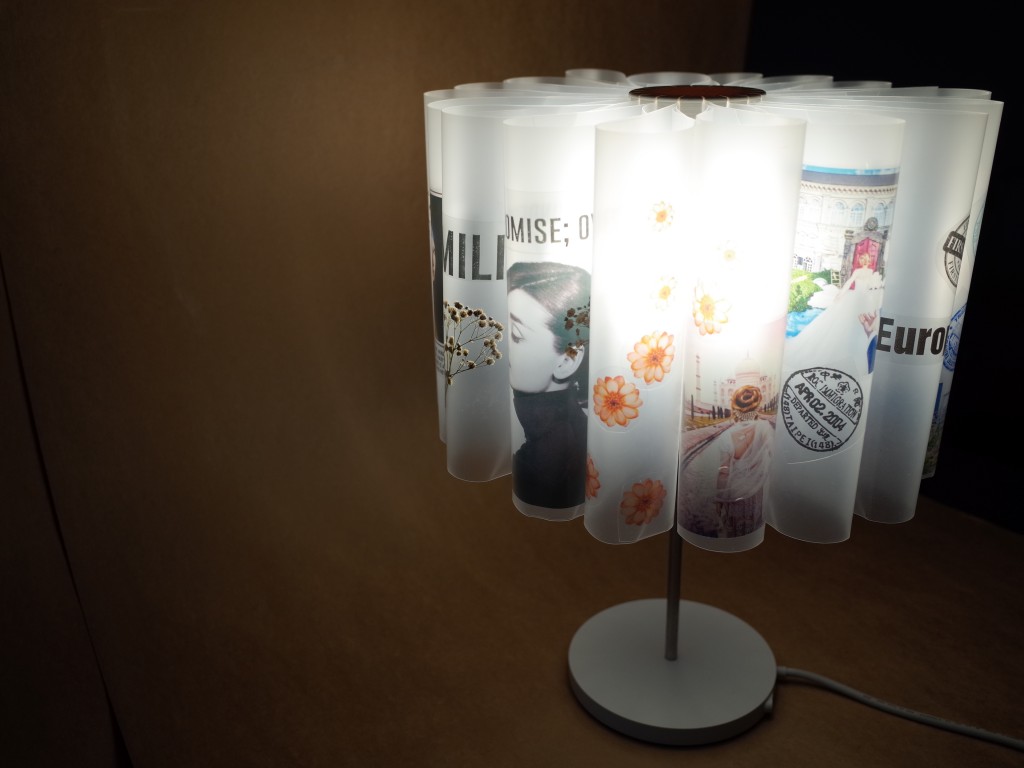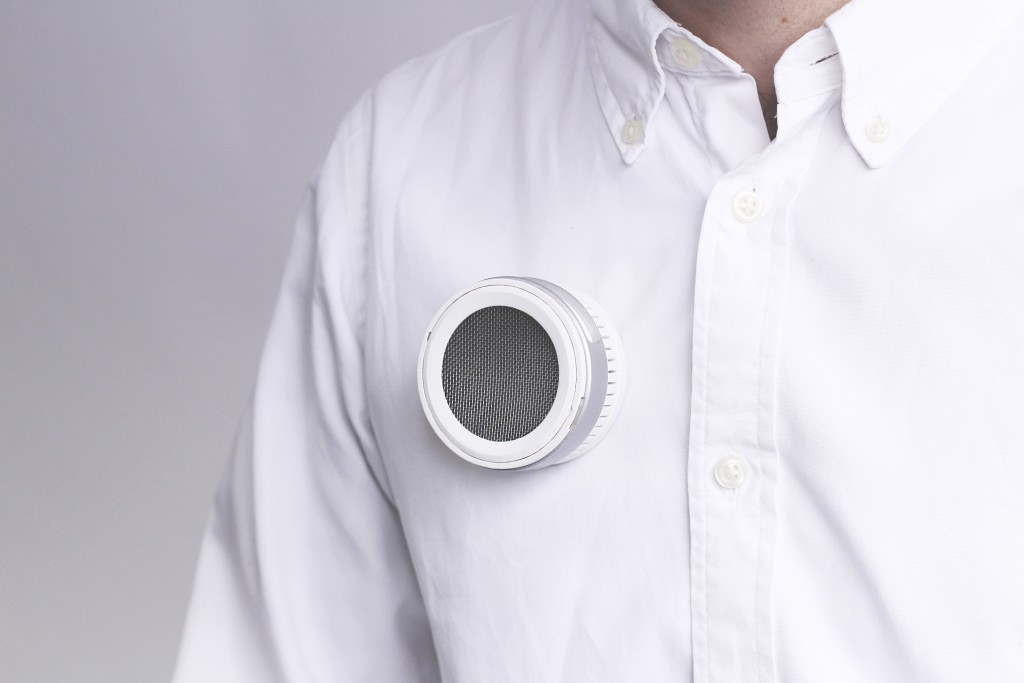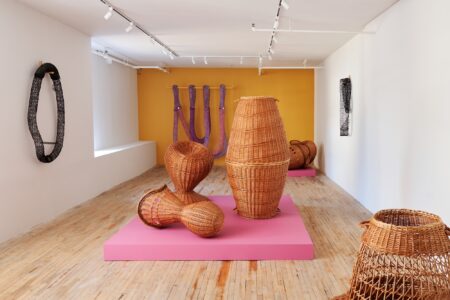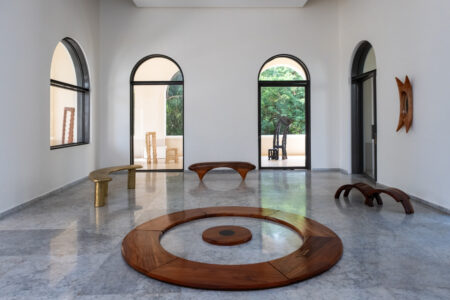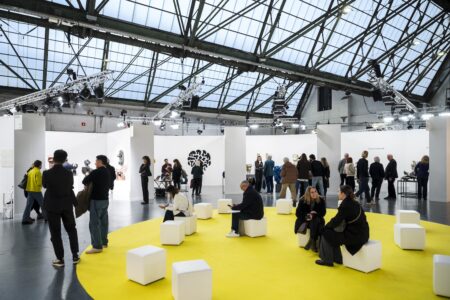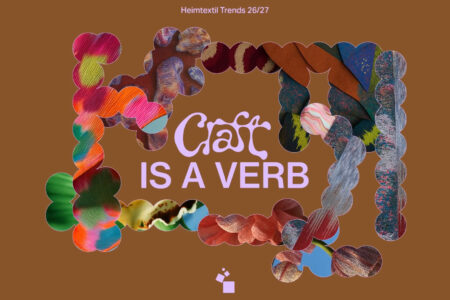Future-Proof Talent: Global Grad Show
According to curator Brendan McGetrick, it would take over 30-thousand miles to visit all of these schools’ thesis shows. Even if, in airline reward miles, that would cover a free domestic flight, one would still not be able to make it to all shows as they take place at the same time. Mounted as part of Dubai Design Week (26-31 October), Global Grad Show brings together 10 schools (all of which have partnered with the Royal College of Art): MIT Media Lab, Pratt Institute, Hong Kong Polytechnic, National University Singapore, ECAL, Keio Graduate School of Media Design, KAIST, Tsinghua University and of course the RCA, for a unique survey. McGetrick sought out the break the positive or negative stigma associated with certain schools by rather showcasing projects under a series of themes: Construction, Health, Home, Memory, Play and Work. With such an optimistic line up, it’s clear that this selection of more industrial rather that art design projects – perhaps more associated with other famous academies – are set to meet the future with humility and rationality. Designs range from technologically invention to craft-led composition and emotionally-driven storytelling.
Among Pratt Institute’s contribution is MA Student Aldana Ferrer Garcia’s More Sky expandable window. This wonderfully simple solution addresses new domestic constraints and the urban dweller’s need to filter light into their small interiors. Different iterations are specific to where a window might be positioned in terms of other neighbouring buildings. This project is ironic in the context of Dubai, as new sustainable construction solution opt for indirect sunlight and shadin to combat the desert city’s torrid climate. The young designer sees her project as both an element of architecture and product design. Another highlight results from a very Eindhoven collaboration: bridging Design Academy Eindhoven-trained Alissa + Nineke‘s (Alissa van Asseldonk and Nienke Bonkers) conceptual prowess with the technological adeptness of TU Eindhoven’s Bin Yu. Bio Mirror emulated direct human heart-rates as another form of reflection. A pattern seemingly cut out of a paper-thin vinyl ebbs and flows according to passersby’s internal rhythms. Staying with in the same focus on the human body, Aura by RCA student Sheana Yu is a personal air purifier, easily integrated into any garment. Sensors will read the immediate conditions while also drawing from crowd-sourced information. Nihilistic associations aside, such a design shows how individuality can join a larger context.
